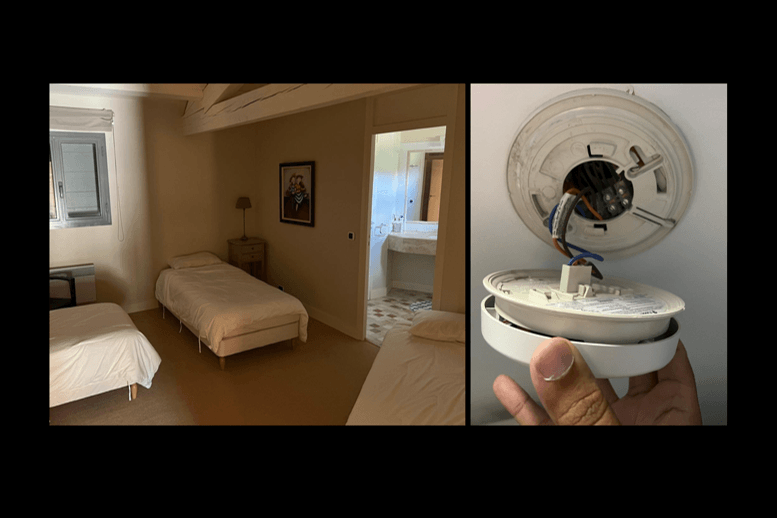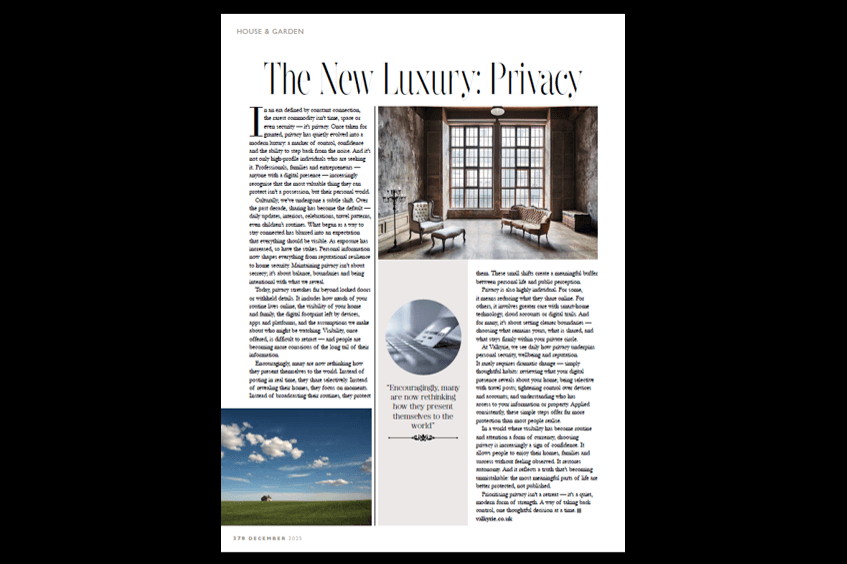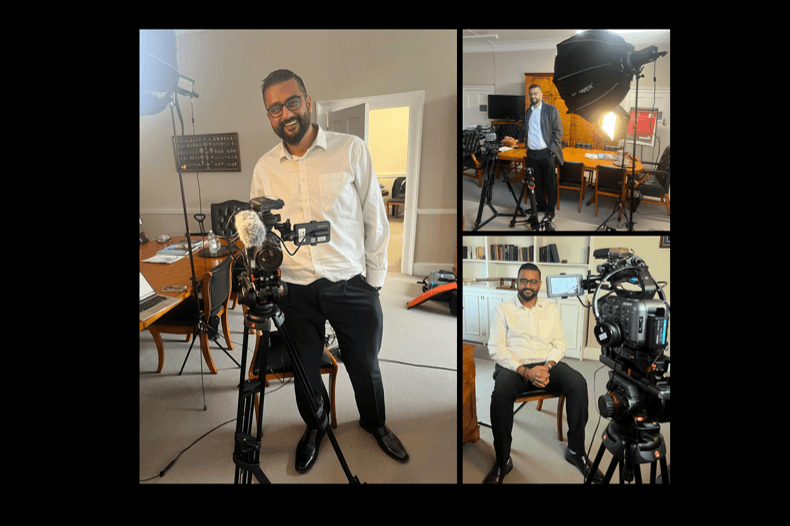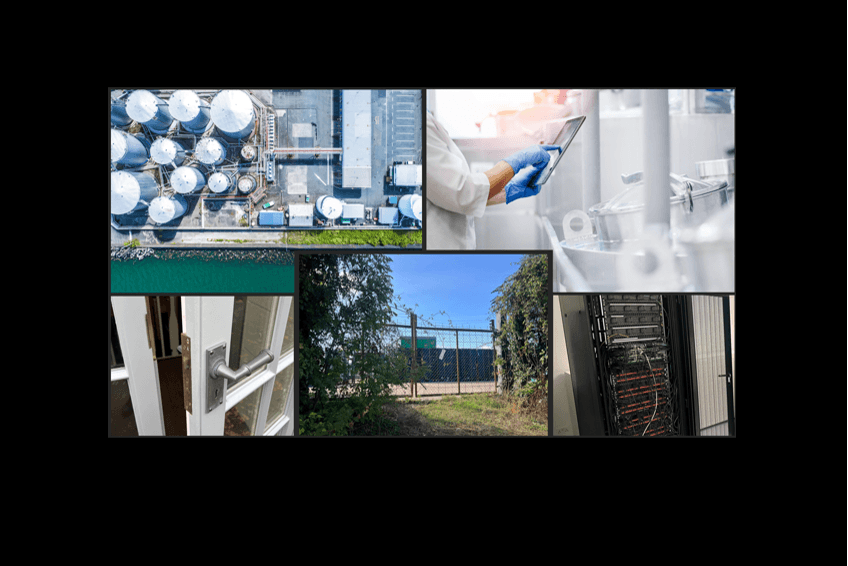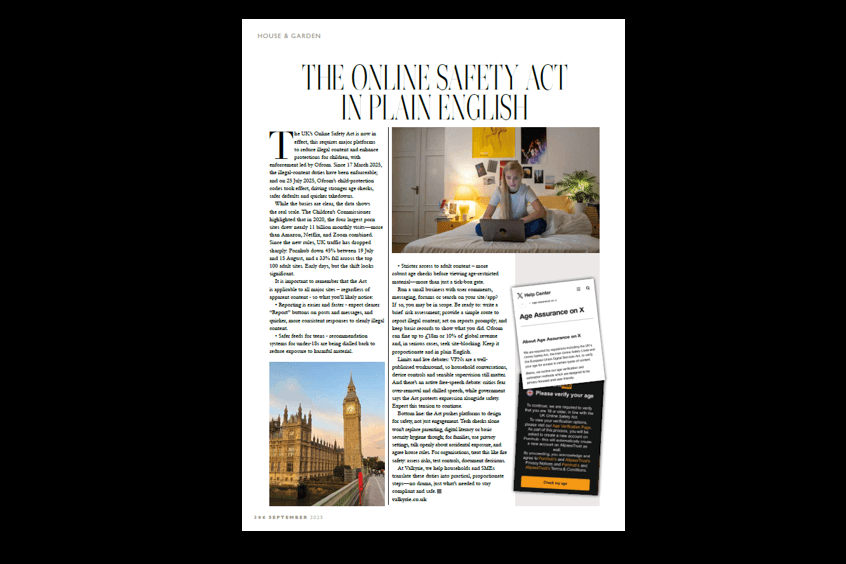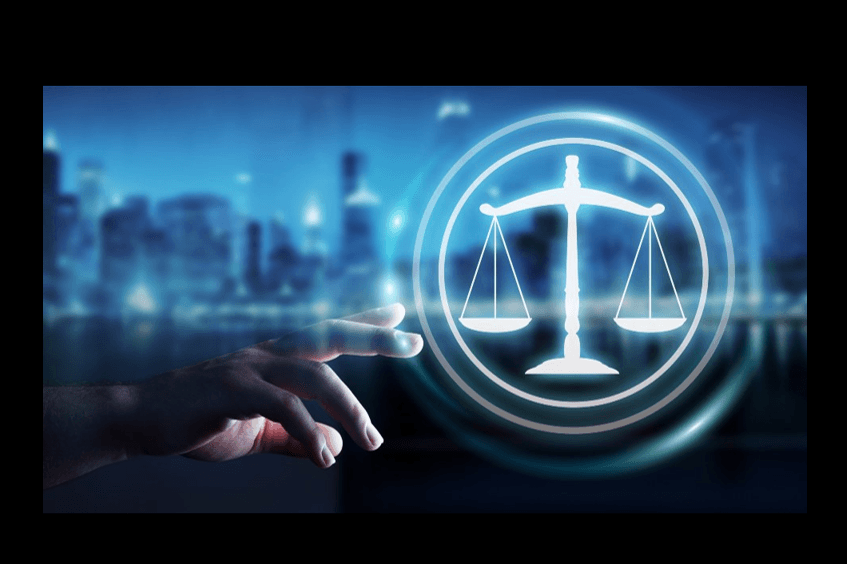While public concern centres on digital surveillance and data breaches, a more insidious threat is emerging in plain sight: the rise of covert spy cameras targeting private spaces.
A recent Guardian exposé highlighted how easily hidden devices—disguised as smoke alarms, chargers, or air fresheners—are being placed in homes, Airbnbs, workplaces, and even care environments. The perpetrators are often individuals in positions of trust: landlords, employers, guests, or partners.
At Valkyrie, we’ve written previously about the misuse of low-cost surveillance tech—and we’re seeing a clear trend in private clients requesting counter-surveillance support after discovering or suspecting hidden devices in their properties. It’s often triggered by events that heighten vulnerability—such as relationship breakdowns, disputes with landlords, custody battles, or workplace conflicts—prompting individuals to question their privacy and seek professional help. These incidents rarely make headlines, but the impact on those targeted is deeply personal.
Police-recorded voyeurism offences rose by 24% last year, yet prosecutions remain low. Victims are often left dealing with lasting psychological effects—persistent anxiety, disrupted sleep, and a sense that their most personal spaces are no longer safe.
If suspicious – What can you do?
This isn’t about paranoia. It’s about awareness and taking a few sensible precautions:
➡️Take a moment to scan your surroundings—especially in unfamiliar or shared spaces.
➡️Be alert to anything that looks out of place, recently installed, or unusually positioned.
➡️Pay attention to common hiding spots: smoke detectors, plug sockets, chargers, vents.
➡️If relevant, report concerns to the appropriate authority—hotel management, landlord, employer, or host.
➡️If something feels off, don’t ignore it—trust your instinct and, if needed, seek professional advice.
Discreet surveillance devices are no longer rare—and neither are the people willing to misuse them. A little awareness now can help protect your space, your privacy, and your peace of mind.





